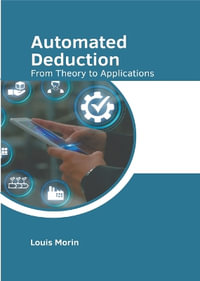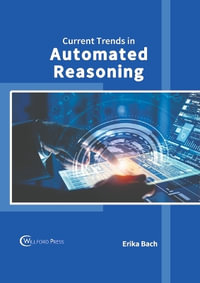
At a Glance
Hardcover
RRP $45.00
$35.75
21%OFF
or
Ships in 3 to 5 business days
ISBN: 9781788166836
ISBN-10: 1788166833
Published: 2nd August 2022
Format: Hardcover
Language: English
Number of Pages: 352
Publisher: Profile Books
Country of Publication: GB
Dimensions (cm): 3.7 x 16.1 x 24.1
Weight (kg): 0.57
Shipping
| Standard Shipping | Express Shipping | |
|---|---|---|
| Metro postcodes: | $9.99 | $14.95 |
| Regional postcodes: | $9.99 | $14.95 |
| Rural postcodes: | $9.99 | $14.95 |
Orders over $79.00 qualify for free shipping.
How to return your order
At Booktopia, we offer hassle-free returns in accordance with our returns policy. If you wish to return an item, please get in touch with Booktopia Customer Care.
Additional postage charges may be applicable.
Defective items
If there is a problem with any of the items received for your order then the Booktopia Customer Care team is ready to assist you.
For more info please visit our Help Centre.
























